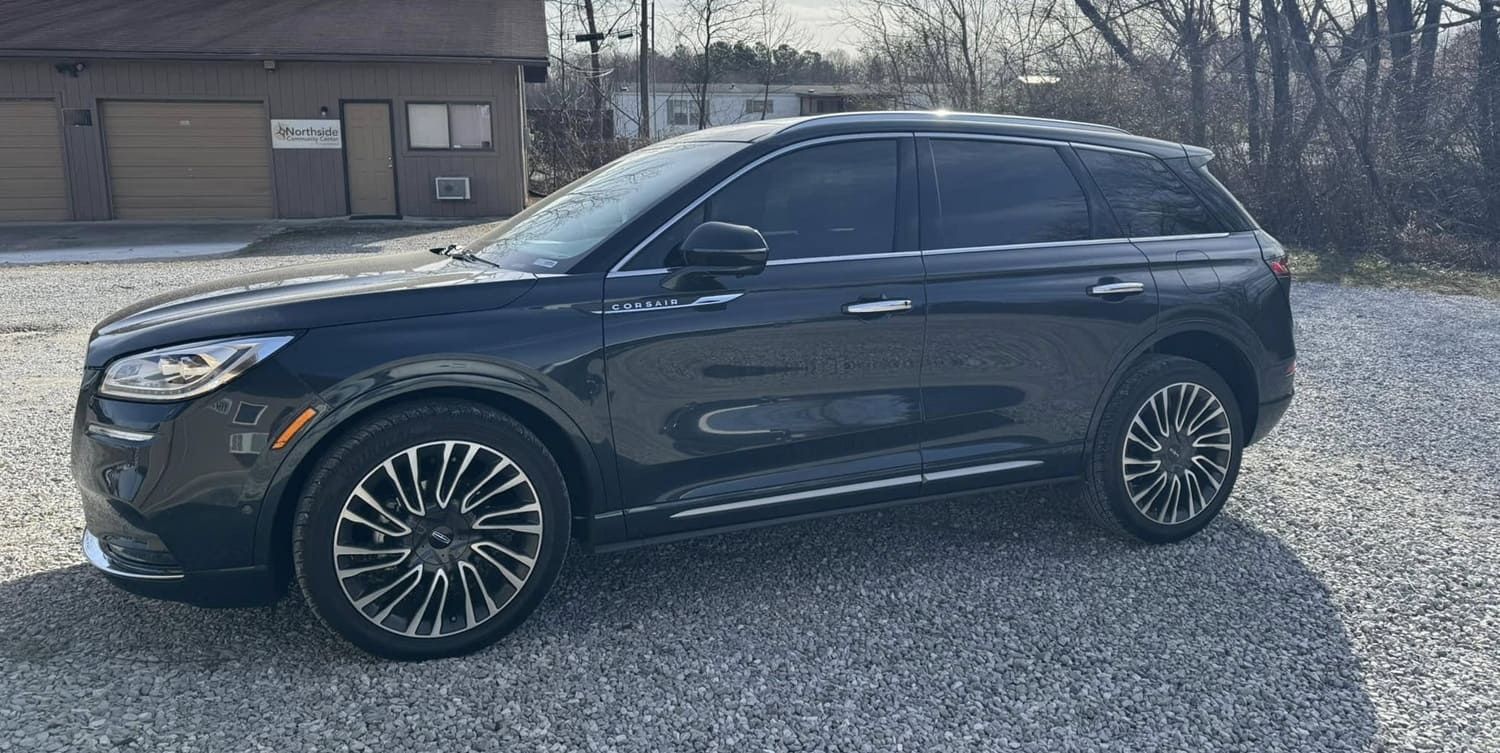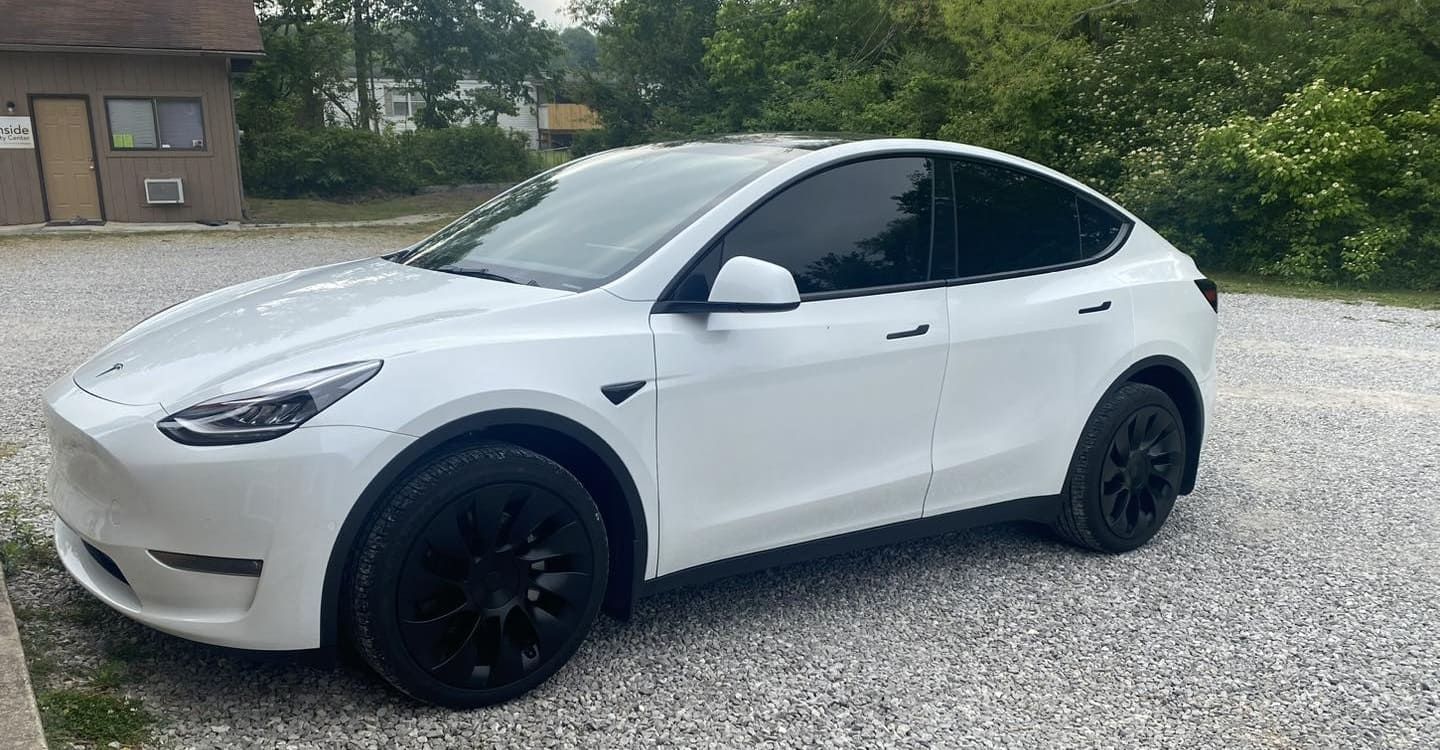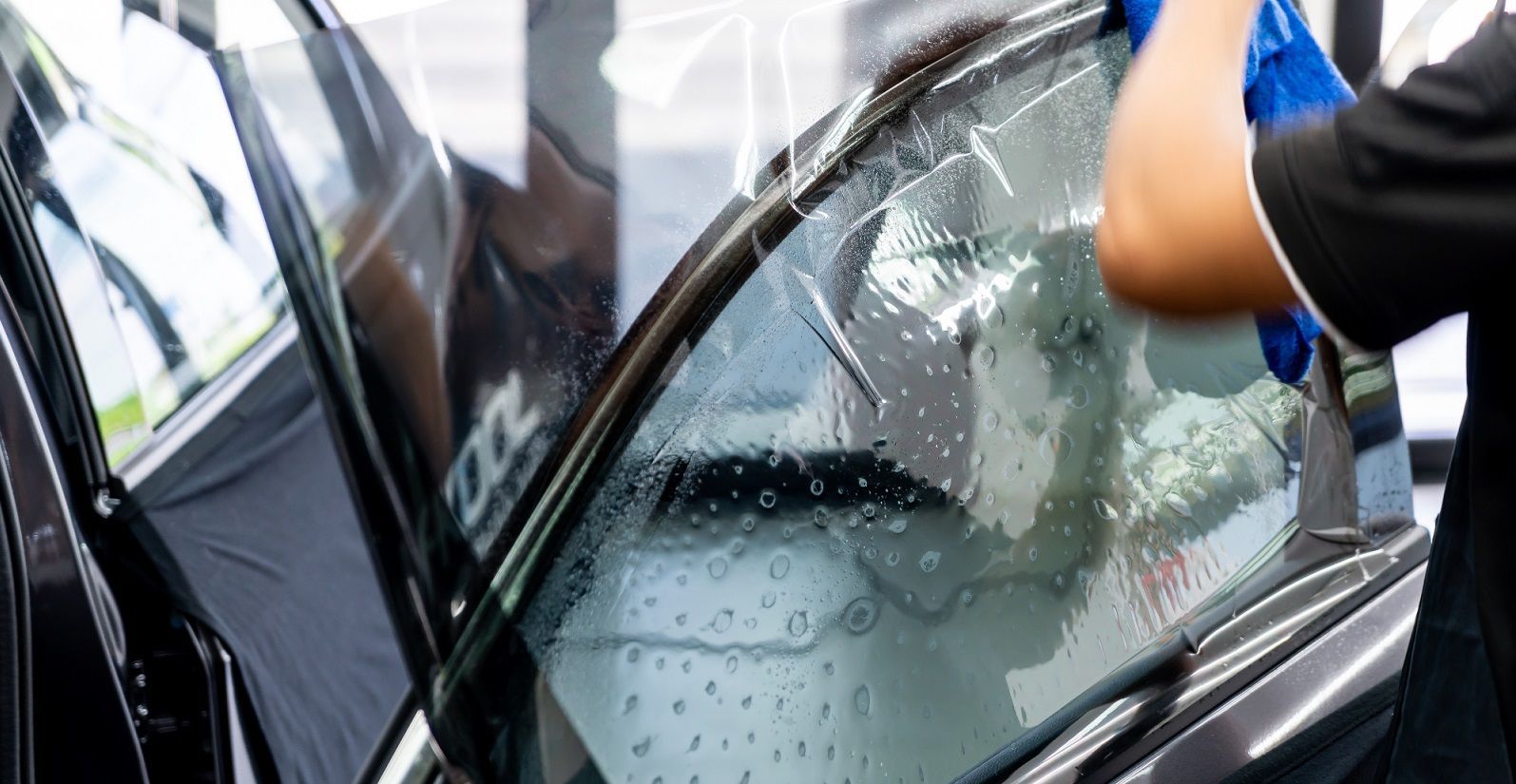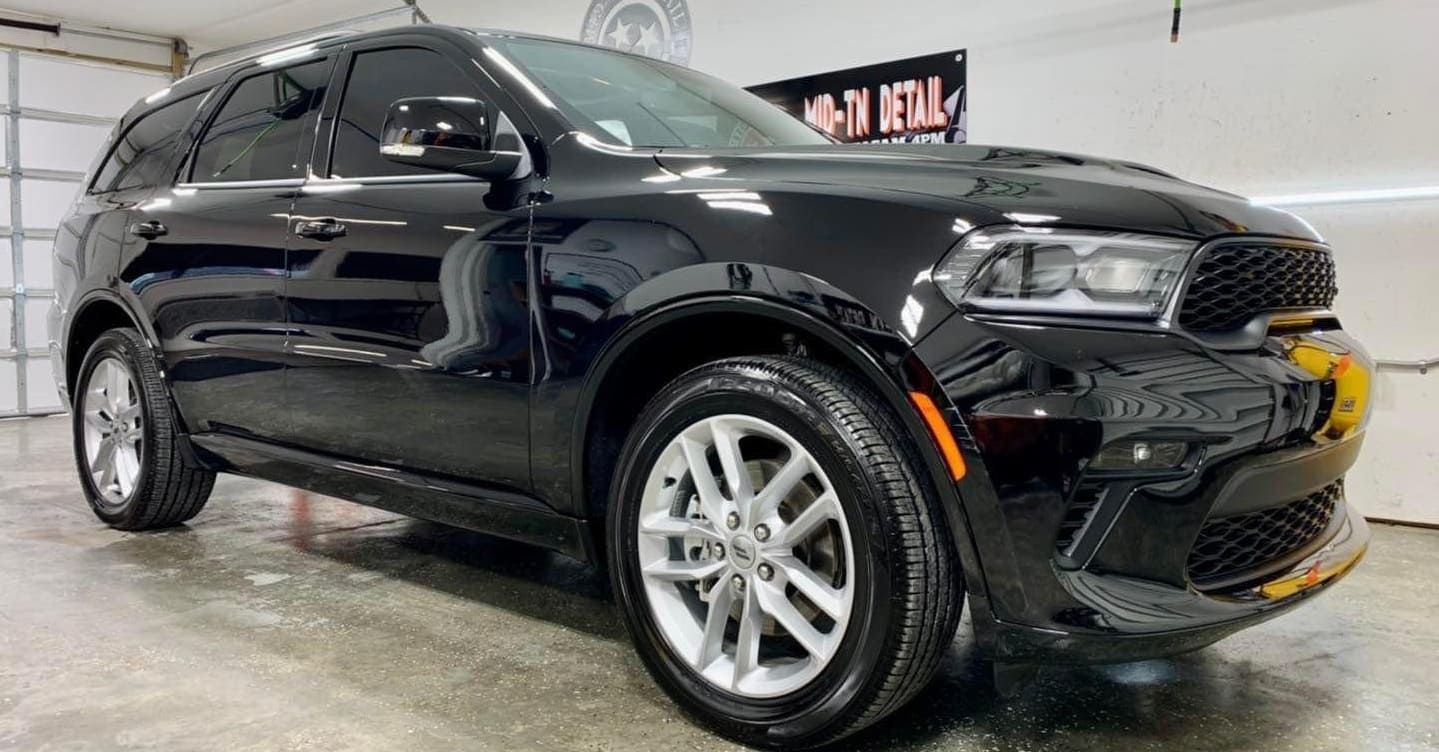Car Tint Levels: What You Need to Know
Car window tinting is a popular modification that can enhance both the aesthetics and functionality of your vehicle. The sleek appearance of tinted windows often appeals to car owners looking to add a touch of style, while the practical benefits cater to those seeking to improve their driving experience. However, with various tint levels and regulations to consider, it can be challenging to decide which option is best for you. Each state or country has its own set of rules regarding permissible tint levels, adding another layer of complexity to your decision. In this comprehensive guide, we'll break down everything you need to know about car tint levels, including the different types of tints, legal considerations, and how to choose the right tint for your needs. Our goal is to equip you with the knowledge needed to make an informed choice that complements both your vehicle's aesthetics and your personal requirements.
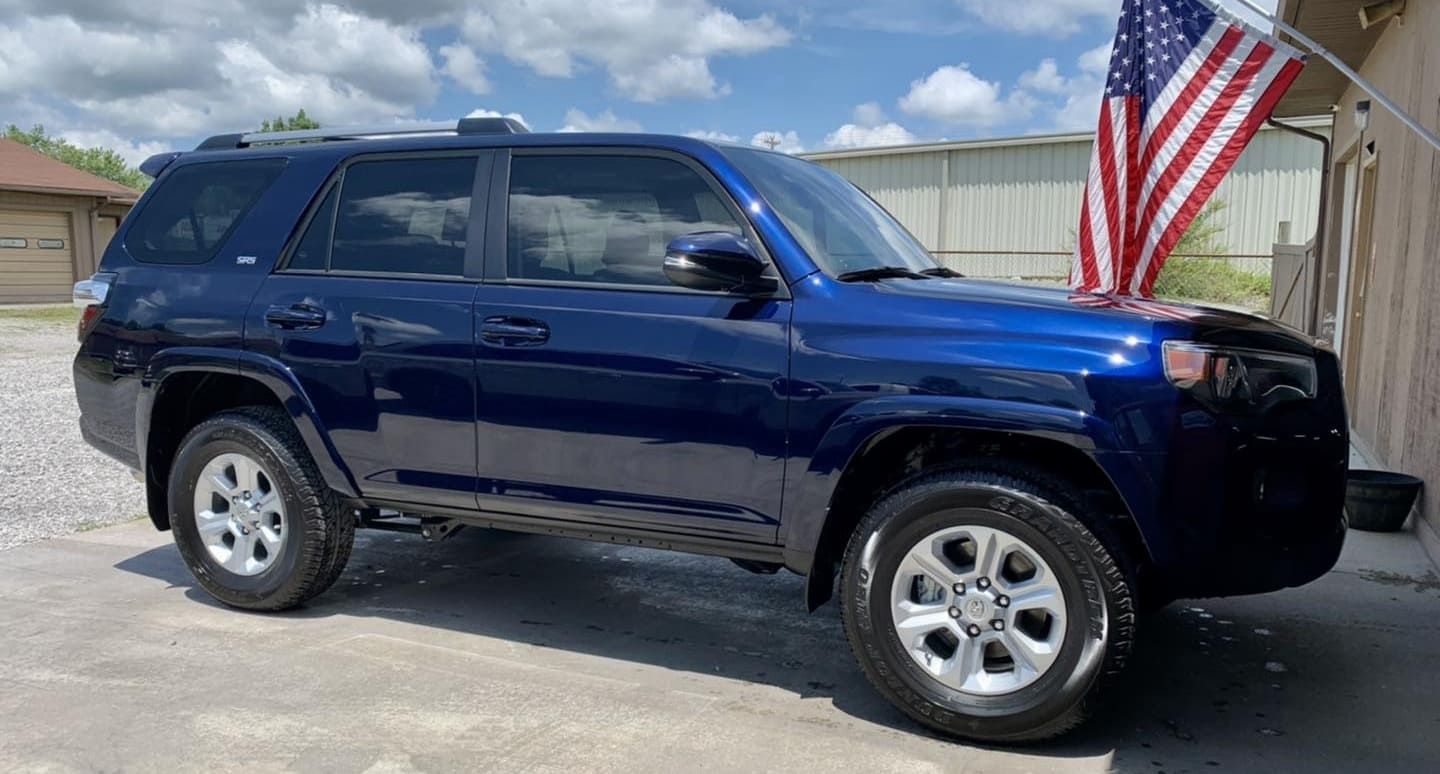
Understanding Car Tint Levels
Car tint levels refer to the darkness or lightness of the tint applied to vehicle windows. This level is crucial because it affects how much light can enter your vehicle, impacting visibility, comfort, and privacy. The level of tint is usually expressed as a percentage, indicating the amount of visible light that can pass through the tinted glass. For example, a window tint level of 50% means that 50% of visible light can pass through, while the remaining 50% is blocked. Understanding these percentages is vital for selecting a tint that aligns with your needs and complies with local regulations. Additionally, the choice of tint level can affect other factors such as the amount of heat and UV radiation that enters your vehicle, which can have implications for both comfort and safety.
Common Window Tint Shades
Several common window tint shades are available, each providing different levels of privacy, heat reduction, and UV protection. These shades are typically chosen based on a combination of personal preference and practical requirements:
- 50% Tint: This is a lighter shade that allows 50% of light to pass through. It reduces glare and heat while providing some privacy without being too dark. This option is ideal for those who prefer a more subtle look or live in areas where lighter tints are required by law. It strikes a balance between maintaining visibility and reducing the sun's harsh effects.
- 35% Tint: This medium shade offers a balance between visibility and privacy. It blocks 65% of light, making it a popular choice for those who want a moderate level of tint. This level is often preferred by drivers who need more privacy and UV protection but do not wish to compromise too much on visibility, especially at night.
- 20% Tint: Often referred to as "factory tint," this shade provides significant privacy by blocking 80% of light. It's commonly used on rear windows. This darker shade is favored by those who prioritize privacy and security, as it significantly reduces visibility into the car's interior from the outside.
- 5% Tint: Known as "limo tint," this shade offers maximum privacy by allowing only 5% of light to pass through. It's typically used on limousines or for privacy-focused applications. This level of tint is often reserved for specialty vehicles and requires careful consideration of legal restrictions and safety implications.
Benefits of Car Window Tinting
Window tinting offers a range of benefits beyond just aesthetic appeal. These benefits can significantly enhance your driving experience and the lifespan of your vehicle's interior. Here are some key advantages to consider:
UV Protection
One of the primary benefits of window tinting is its ability to block harmful UV rays. UV rays can cause skin damage and fade the interior of your car over time. High-quality window tints can block up to 99% of these rays, offering protection for both you and your vehicle's interior. This protection is particularly important for those who spend a lot of time driving in sunny conditions, as it can help prevent skin cancer and other UV-related health issues. Moreover, by protecting your car's interior from UV damage, tinting can preserve the value of your vehicle by preventing the fading and cracking of upholstery and dashboards.
Heat Reduction
Window tints can significantly reduce the amount of heat entering your car, making it more comfortable during hot weather. This can also improve fuel efficiency by reducing the need for air conditioning. In addition to comfort, reducing heat can protect the car's interior surfaces from warping or fading due to prolonged sun exposure. A cooler car interior also means a more pleasant driving experience, especially on long trips during the summer months.
Glare Reduction
Tinted windows minimize glare from the sun and headlights, enhancing visibility and reducing eye strain for safer driving. Glare can be a significant distraction and safety hazard, particularly when driving at dawn or dusk or at night when oncoming headlights are bright. By reducing glare, window tints contribute to a more relaxed and less stressful driving experience, allowing you to focus better on the road.
Enhanced Privacy and Security
Darker tints provide increased privacy by limiting the visibility into your car's interior. This can also deter potential thieves by concealing valuables inside your vehicle. Privacy is a significant consideration for many vehicle owners, especially those who frequently travel with valuable items. By obscuring the view into the car, tinted windows can help prevent theft and add an extra layer of security, giving you peace of mind.
Legal Considerations for Car Tinting
Before applying window tint, it's crucial to understand the legal regulations in your area, as laws vary by state and country. Legal compliance ensures that you avoid fines and the inconvenience of having to remove or adjust your tint later. These regulations specify the maximum allowable tint levels for different windows on your vehicle, and understanding them is essential for making an informed decision.
State-Specific Tint Laws
Each state has its own set of laws regarding window tint levels. These laws typically dictate the minimum percentage of light that must be allowed through the front, side, and rear windows. For instance, some states may allow darker tints on rear windows but require lighter tints on front windows for safety reasons. It's essential to research the specific tint regulations in your state before making a decision. Failure to comply with these laws can result in fines and the need to remove or adjust the tint, which can be both costly and time-consuming.
Medical Exemptions
Certain medical conditions may warrant an exemption from standard tint laws. If you have a medical condition that requires additional UV protection, you may qualify for a medical exemption, allowing you to apply darker tints than normally permitted. Conditions such as lupus or photosensitivity disorders often qualify for such exemptions. It's important to consult with your healthcare provider and local DMV to understand the process for obtaining a medical exemption, ensuring you have the necessary documentation to support your case.
Consequences of Illegal Tinting
Using illegal tint can result in fines, failed vehicle inspections, and mandatory removal of the tint. It's essential to familiarize yourself with local laws to avoid these consequences. Beyond financial penalties, illegal tinting can also result in safety issues, as overly dark tints can impair visibility. Ensuring your tint complies with legal standards not only prevents legal trouble but also maintains safe driving conditions.
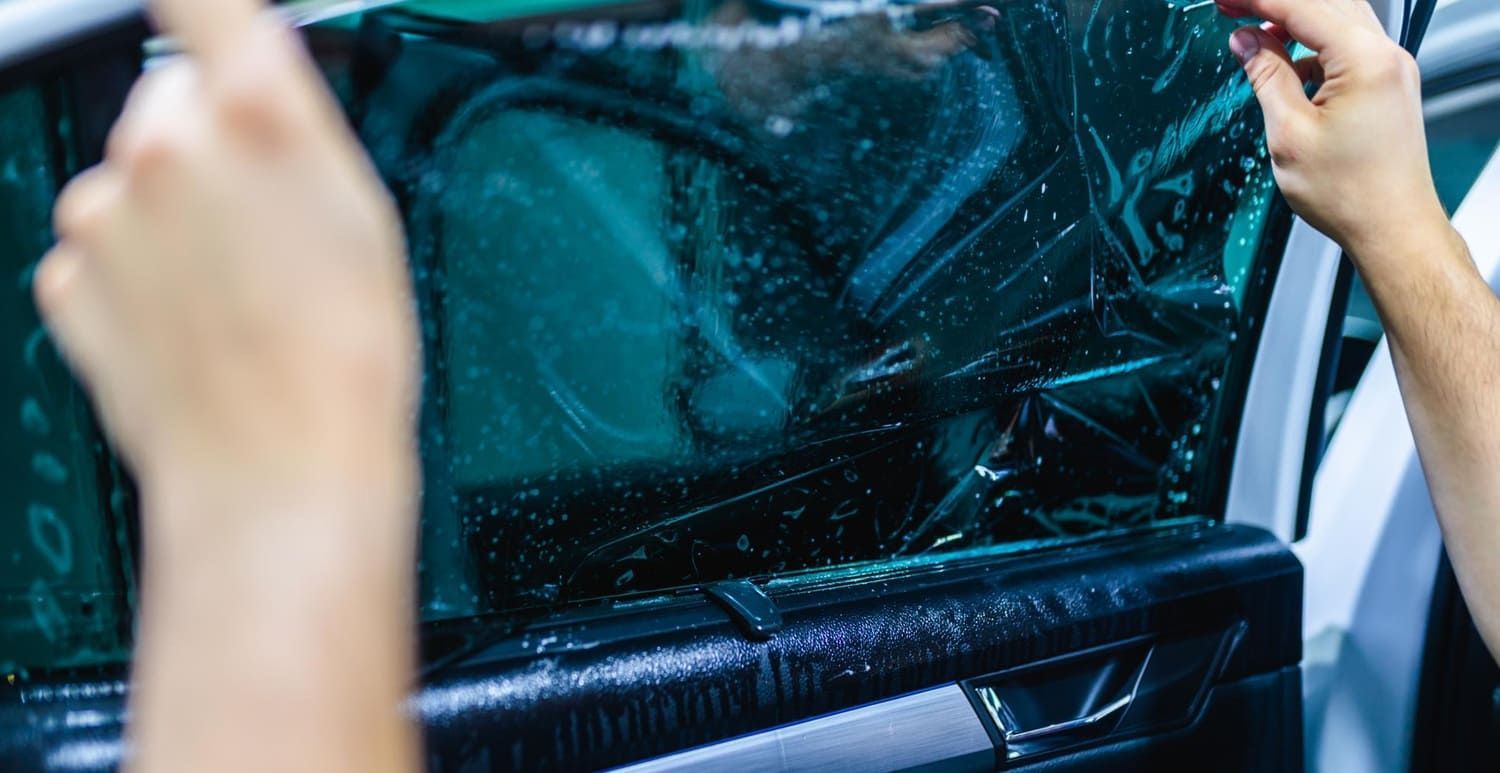
Choosing the Right Car Tint Level
Selecting the appropriate tint level involves considering factors such as your personal preferences, climate, and local laws. A thoughtful approach to choosing your tint level ensures that you achieve your desired balance of aesthetics, functionality, and compliance. Here are some tips to help you make an informed decision:
Consider Your Needs
Think about the primary reasons for tinting your windows. Are you looking for enhanced privacy, UV protection, or heat reduction? Your priorities will help determine the ideal tint level for your vehicle. For instance, if privacy is your main concern, you might opt for a darker tint, whereas if you focus more on UV protection, a high-quality lighter tint might suffice. Understanding your needs is the first step in narrowing down your options.
Evaluate Your Climate
If you live in a hot, sunny climate, a darker tint may be more beneficial for reducing heat and protecting your car's interior. Conversely, if you reside in a cooler area, a lighter tint may suffice. Consider how often you drive during peak sunlight hours and how much sun exposure your vehicle typically receives. The climate can significantly influence your comfort and the effectiveness of the tint, making it a crucial factor in your decision-making process.
Check Local Regulations
As mentioned earlier, it's crucial to comply with local tint laws. Research the specific regulations in your area to ensure that your chosen tint level is legal. Keeping abreast of these laws not only avoids legal repercussions but also helps you choose a tint that provides the benefits you desire without compromising safety. Understanding the legal landscape is an integral part of the decision-making process, ensuring you make a choice that is both beneficial and compliant.
Consult a Professional
If you're unsure about which tint level to choose, consult a professional window tinting service. They can provide expert advice and help you select a tint that meets your needs while adhering to legal requirements. Professionals can offer insights into the latest tinting technologies and trends, ensuring you get the best product for your circumstances. Additionally, professional installation ensures that the tint is applied correctly, avoiding common issues such as bubbling or peeling.
Maintaining Your Car Window Tint
Once you've applied window tint to your vehicle, proper maintenance is essential to ensure its longevity and effectiveness. With the right care, your tint can remain in excellent condition for years, continuing to provide the benefits you sought. Here are some tips for keeping your tint in top condition:
Avoid Harsh Cleaners
Use a mild, non-ammonia-based cleaner to clean your tinted windows. Harsh chemicals can damage the tint film and cause it to peel or discolor over time. It's important to choose cleaning products specifically designed for tinted windows to avoid inadvertently harming the film. Regular cleaning with the right products helps maintain the clarity and appearance of your tint.
Be Gentle
When cleaning your windows, use a soft cloth or sponge to avoid scratching the tint. Avoid using abrasive materials that could harm the film. Gentle cleaning techniques help preserve the integrity of the tint, preventing scratches that can compromise its appearance and functionality. Taking care with your cleaning tools ensures that your tint remains smooth and free of imperfections.
Allow Time to Cure
After tinting, allow the film to cure for a few days before rolling down the windows or cleaning them. This will help the tint adhere properly and prevent peeling. The curing process is crucial for ensuring the tint bonds securely to the window glass, providing long-lasting results. Patience during this initial period can prevent premature damage to the tint, ensuring it remains effective.
Regular Inspections
Periodically inspect your tint for signs of wear or damage, such as bubbling or peeling. Addressing these issues early can prevent further deterioration and prolong the life of your tint. Regular inspections help catch problems before they become severe, allowing for timely repairs or adjustments. Staying vigilant about the condition of your tint ensures that it continues to provide the benefits you expect.
Conclusion
Car window tinting is a valuable investment that can enhance your vehicle's appearance, comfort, and safety. At Cookeville Window Tint in Cookeville, TN, we specialize in helping you understand the different car tint levels and consider factors such as legal regulations and personal preferences. Whether you prioritize privacy, UV protection, or heat reduction, our expert team will guide you to the perfect tint level that meets your needs.
Remember to maintain your tint properly to enjoy its benefits for years to come. With the right choice and care from Cookeville Window Tint, window tinting can be a transformative enhancement for your vehicle, offering both immediate and long-term advantages.
Contact us today for a free estimate and let Cookeville Window Tint help you enhance your vehicle’s appearance, comfort, and safety with our top-quality window tinting services.
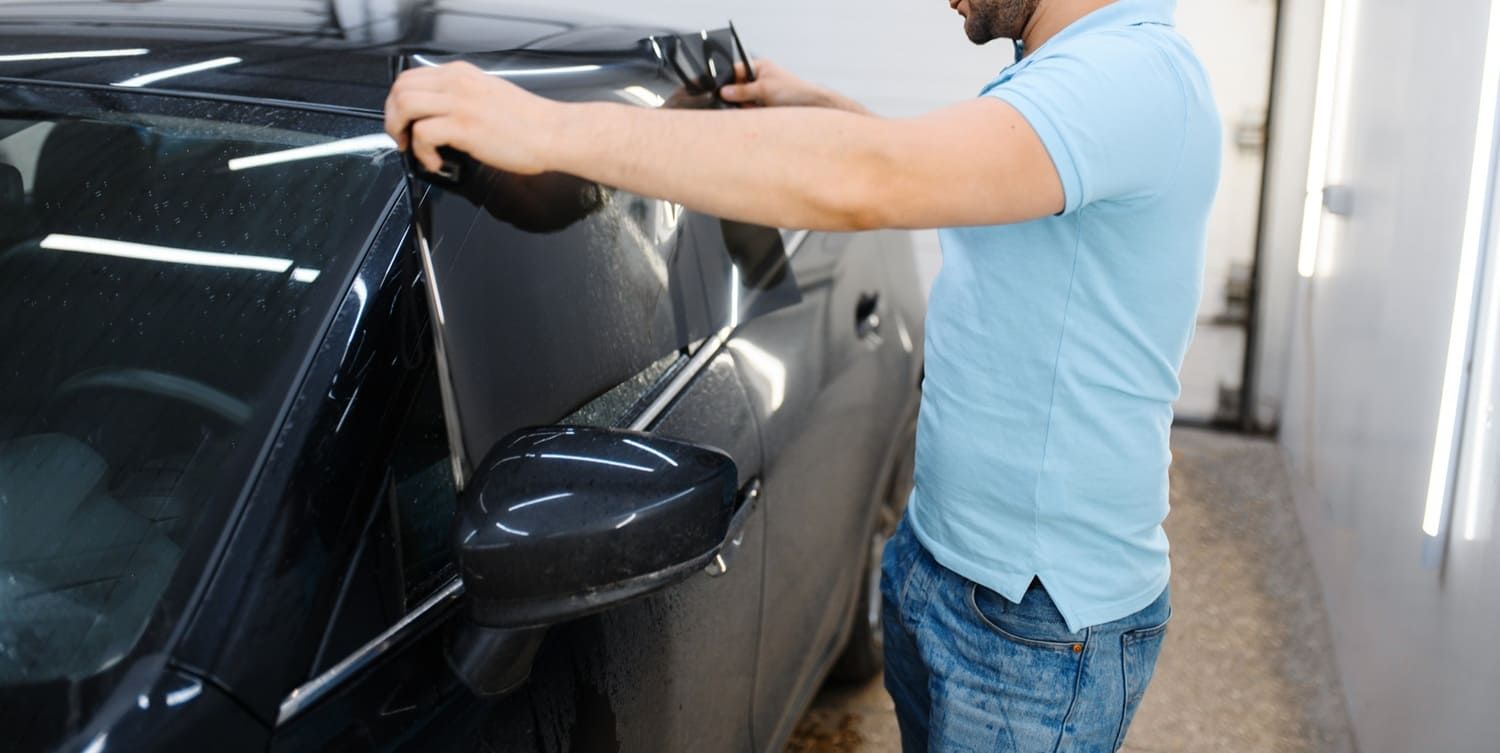
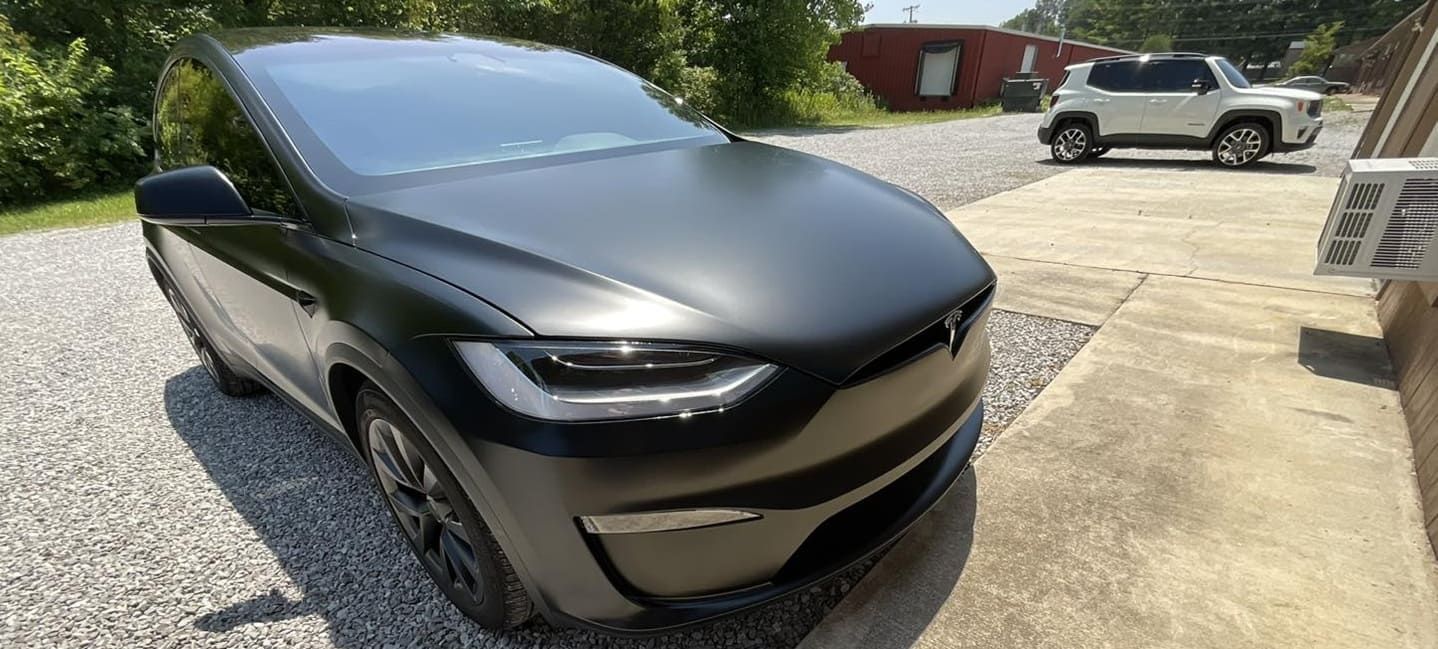
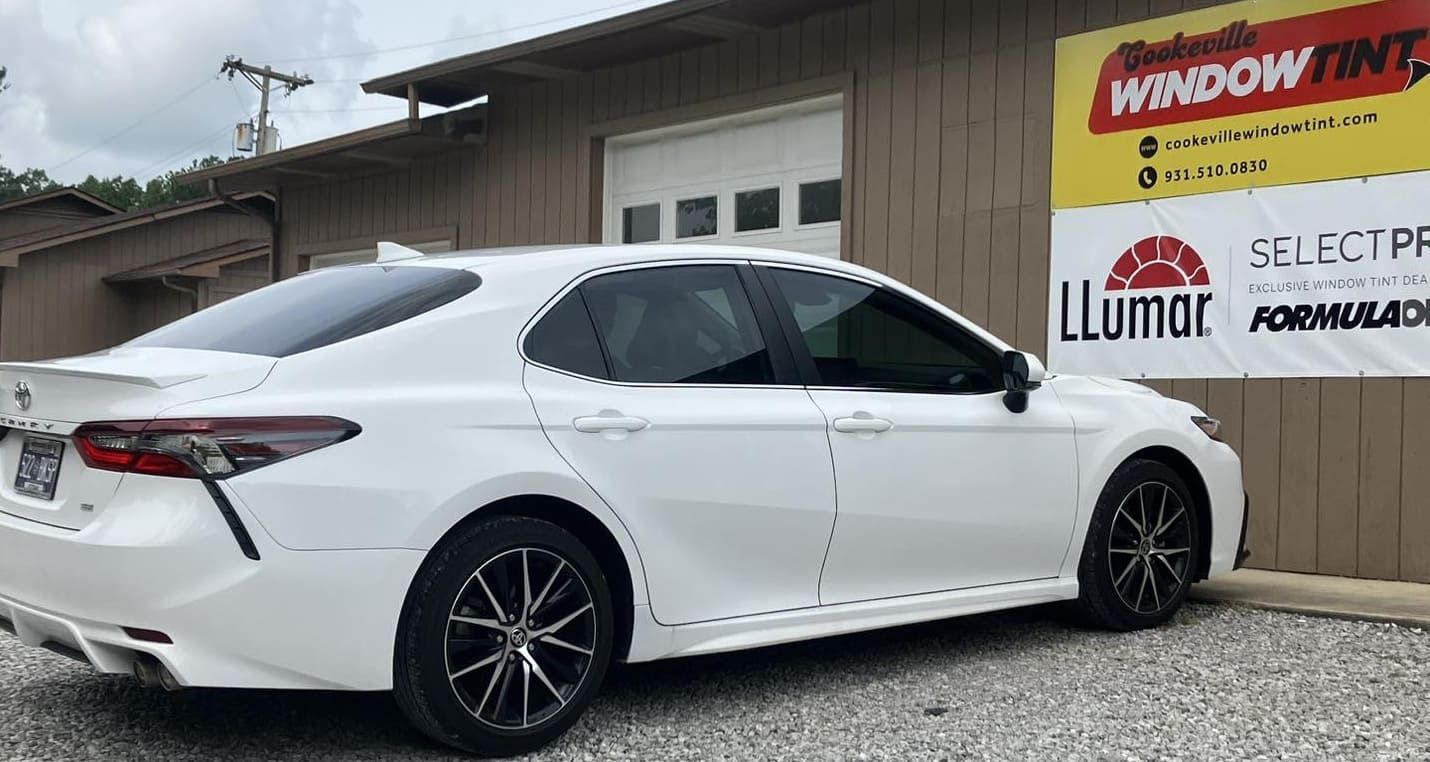
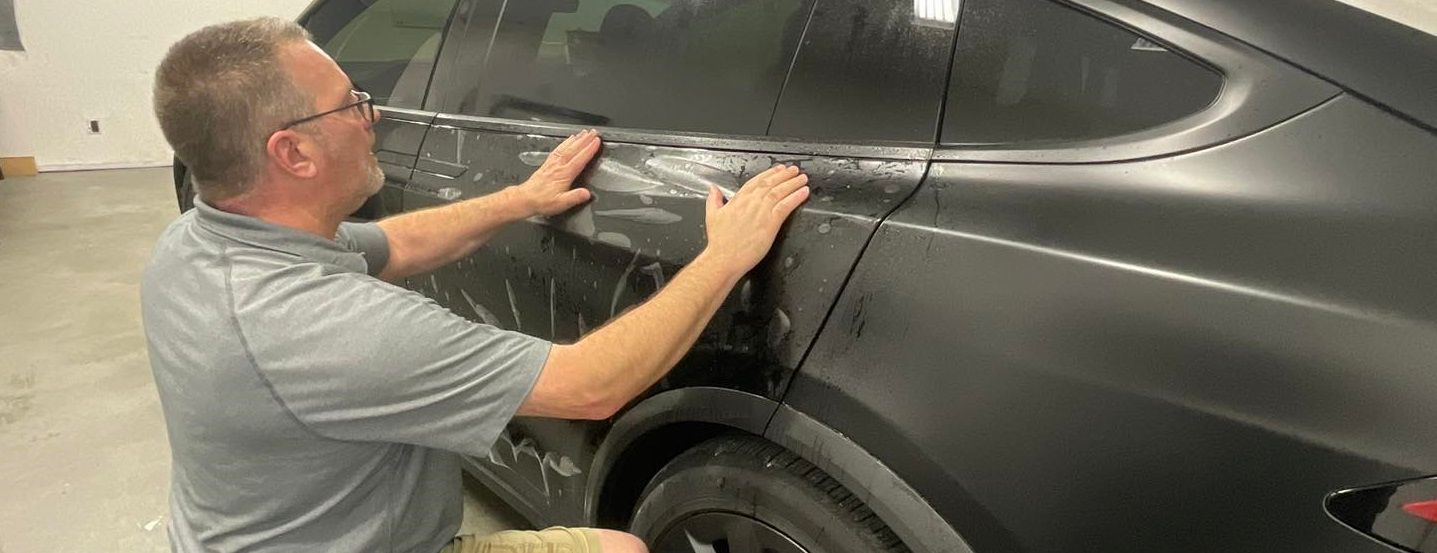

BUSINESS HOURS
Monday - Friday: 8AM - 4PM
Saturday - Sunday: CLOSED
All Rights Reserved | Cookeville Window Tint

